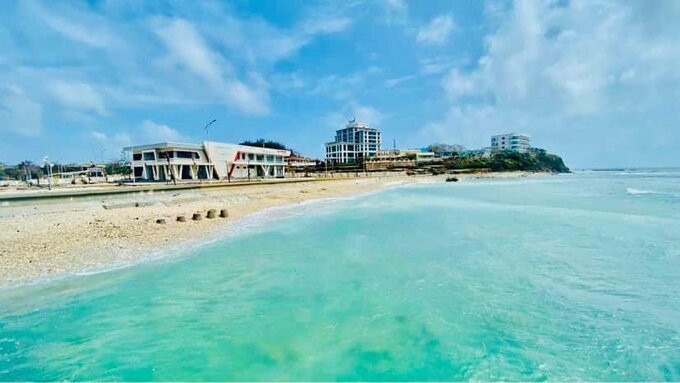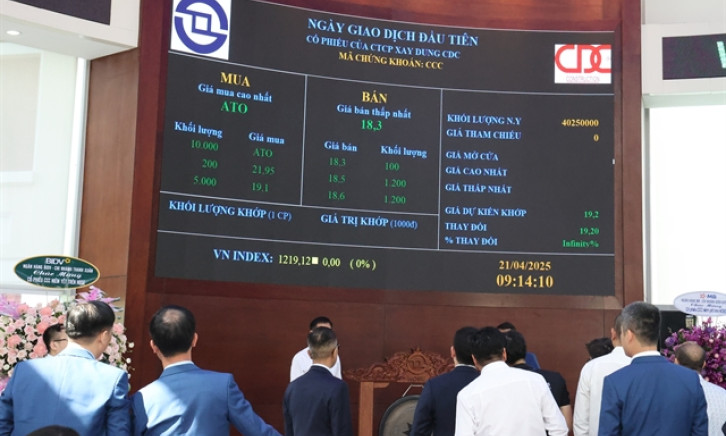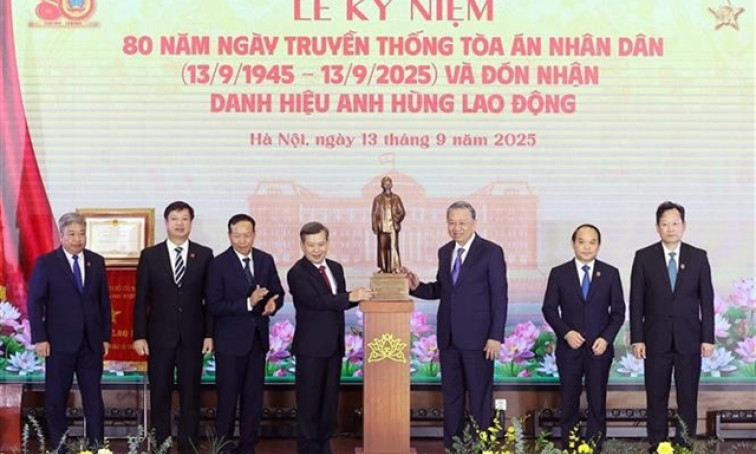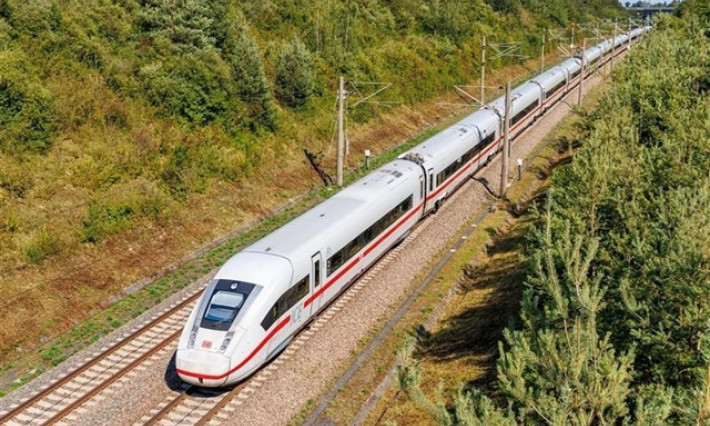On Ly Son Island, isolation deepens as pandemic kills peak season tourism
The latest Covid-19 outbreak has dashed the hopes of tourism-dependent workers and business owners on Ly Son Island for a summer season revival.

The owners of hotels and homestay facilities are in deep financial waters and some are leaving the business for good.
Ly Son, 30 kilometers off the coast of the central Quang Ngai Province, is one of a handful of volcanic islands in Vietnam. The island had gained popularity in recent years after remaining relatively unknown for decades.
Today, the beaches are deserted and the hotels closed amid the ongoing Covid-19 wave that hit the country late April.
Pushing a wheelbarrow home after preparing for her next onion crop, Tran Thi Cuong, owner of the Royal Hotel on the Big Islet in Ly Son, said that she can only earn something from her onions and garlic fields, but sales of these agricultural produce has not been good either.
In 2019, her family invested over VND3 billion ($131,251) to build a nine-room hotel. Before the pandemic broke out in Vietnam early 2020, her hotel business thrived. The hotel managed to survive despite the hardhips of the three previous Covid waves, but the ongoing outbreak has pushed it to the brink.
"My family had taken bank loans to invest in the hotel and have to pay interest every three months, not to mention other debts we owe relatives and neighbors," Cuong said.

|
Within a radius of 500 meters around Cuong's hotel, 15 other accommodation facilities are also in similar financial crisis. Some have given up.
The owner of Nhat Linh motel, who asked to remain anonymous, has sold his VND8 billion establishment after three years of operation.
"The prolonged pandemic has made it impossible to continue because we had no other source of income. The land was used for both residential and commercial purposes, but I had to sell it to pay bank interest and meet other expenses.
"After handing over the land to the new owner, our family plans to move to the mainland to find jobs," he said.
Dang Van Sam, owner of a homestay facility on Small Islet, said without the pandemic, now would have been the peak travel season in Ly Son and he could earn hundreds of thousands of dong a day (VND100,000 = $4.30).
"I don't know when this pandemic will end. I am running out of money because I have to repair and maintain services every month. If this continues for the rest of the year, I am afraid that those working in the hospitality sector like me will go bankrupt," Sam said.

|
Many hotel and homestay owners have been forced to take up jobs like masonry and fishing to earn their daily livelihood as the pandemic has lasted for more than a year and shows no sign of ending any time soon.
Ly Son, formed by five mountains, four of which are dormant volcanoes, is a combination of three islands: Dao Lon (Big Islet), Dao Be (Small Islet) and the Mu Cu Islet. The island district has become increasingly popular among both domestic and foreign visitors in recent years, prompting locals to invest money in hotels, homestay facilities and other services.
According to local authorities, 170 hotels, motels and homestay facilities in Ly Son have been hit hard by the fourth coronavirus wave.
The 10-square-kilometer island has more than over 6,800 tourism workers, accounting for 35 percent of the island’s population. In 2019, before the onset of the pandemic, Ly Son welcomed 265,000 tourists for a 30 percent increase year-on-year, raking in VND276 billion ($11.7 million) in tourism revenue.
Without tourism, Ly Son residents rely solely on agriculture and fishery but only more than 550 fishing boat owners maintain a stable fishing job while the price of garlic, the district’s main agricultural product, has fallen by half against the same period last year to VND30,000.






